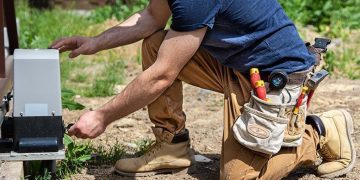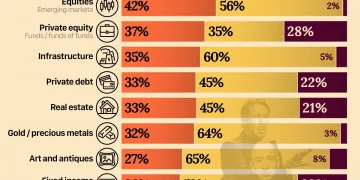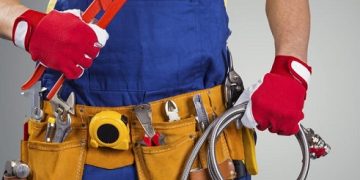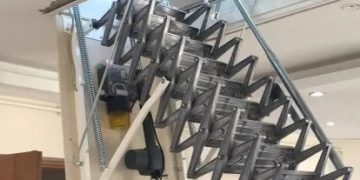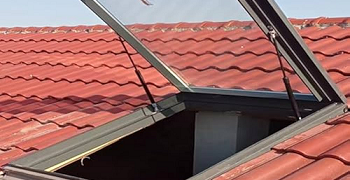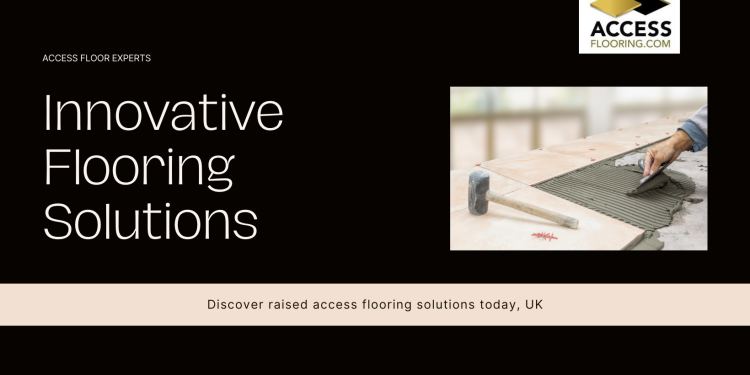Introduction
Choosing the right raised access flooring contractor is crucial for ensuring a successful installation that meets your project’s requirements. Raised access flooring is widely used in data centers, offices, commercial buildings, and industrial spaces to provide efficient cable management, improved airflow, and enhanced flexibility. However, the quality of installation significantly depends on the expertise and reliability of the contractor you hire.
In this guide, we will discuss key factors to consider when selecting a raised access flooring contractor, including experience, certifications, project scope, material quality, and customer reviews. By the end of this article, you will have a comprehensive understanding of how to make an informed decision and ensure your project is in capable hands.
1. Assess Your Project Needs
Before you begin your search for a contractor, it’s important to assess your specific project requirements. Consider the following questions:
- What type of raised access flooring do you need (e.g., steel, aluminum, wood core, or concrete)?
- What is the purpose of the raised flooring? (e.g., data center cooling, office space management, industrial application, etc.)
- What load capacity does your flooring system need to support?
- Do you require any special features such as anti-static properties, fire resistance, or acoustics control?
- What is your budget and timeline?
Having a clear understanding of your project needs will help you communicate effectively with potential contractors and ensure they can meet your expectations.
2. Verify Industry Experience and Expertise
Experience plays a vital role in the successful execution of a raised access flooring project. Look for contractors who have a proven track record in the industry and specialize in raised flooring installations. Key things to check include:
- Years in Business – Contractors with several years of experience are more likely to have a refined process and skilled workforce.
- Portfolio of Past Projects – Ask for case studies or a project portfolio to review their previous work.
- Client References – Speak with past clients to understand their experience working with the contractor.
- Specialization – Ensure they have experience with the specific type of flooring you need.
3. Check Certifications and Compliance
Raised access flooring contractors should comply with industry standards and regulations. Check if the contractor holds relevant certifications, such as:
- ISO 9001 Certification – Demonstrates commitment to quality management systems.
- LEED Certification – Indicates adherence to sustainable building practices.
- Manufacturer Certifications – Many flooring manufacturers certify contractors who are trained in installing their products.
- Safety Certifications – Ensure they meet OSHA (Occupational Safety and Health Administration) requirements.
Hiring a contractor with the right certifications ensures that your project is executed according to industry best practices and safety standards.
4. Evaluate Material Quality and Supplier Relationships
The quality of materials used in raised access flooring can directly impact the durability and performance of the system. A reputable contractor should:
- Work with high-quality materials that meet industry standards.
- Have established relationships with reliable suppliers.
- Offer warranties on both materials and installation.
- Provide material samples and specifications for review.
Before signing a contract, ask about the brands and suppliers they work with to ensure they use durable and high-performance flooring materials.
5. Compare Pricing and Get Detailed Quotes
Cost is a crucial factor when choosing a raised access flooring contractor, but the lowest bid is not always the best option. When evaluating pricing, consider:
- Detailed Quotes – Request itemized quotes that outline material costs, labor charges, and any additional expenses.
- Hidden Fees – Be aware of any extra costs that may arise during installation.
- Value for Money – Consider the balance between cost and quality to ensure you’re making a sound investment.
Comparing multiple quotes from different contractors will give you an idea of the market rate and help you make an informed decision.
6. Assess Project Management and Communication
Effective project management and communication are key to ensuring your project runs smoothly. When evaluating contractors, consider:
- Responsiveness – How quickly do they respond to inquiries and provide estimates?
- Project Timeline – Do they have a clear timeline for completion?
- Dedicated Project Manager – Will you have a single point of contact throughout the project?
- Regular Updates – Will they provide progress reports and keep you informed at each stage?
A contractor with strong project management skills will ensure timely delivery and prevent delays or miscommunication.
7. Review Customer Feedback and Reputation
Customer reviews and testimonials can provide valuable insights into a contractor’s reliability and work quality. Here’s how you can research their reputation:
- Check Online Reviews – Look at reviews on Google, Trustpilot, or other industry-specific platforms.
- Request References – Ask for direct client references and contact them for honest feedback.
- Look for Testimonials on Their Website – Reputable contractors often showcase positive client feedback.
- Check Their Social Media Presence – See how they engage with customers and address complaints.
Choosing a contractor with a solid reputation increases the likelihood of a successful project with minimal issues.
8. Evaluate Installation Techniques and Technology
Modern raised access flooring contractors use advanced installation techniques and technology to enhance efficiency and precision. Look for contractors that:
- Use laser leveling and precision measuring tools for accurate installation.
- Offer prefabrication options to speed up installation and reduce site disruption.
- Provide CAD design and layout planning to optimize floor placement.
- Have a team skilled in the latest installation best practices to ensure durability and performance.
9. Consider After-Sales Support and Maintenance
A good raised access flooring contractor should offer ongoing support and maintenance services to keep your flooring in optimal condition. When selecting a contractor, ask about:
- Post-installation support – Will they address any issues that arise after the project is completed?
- Maintenance packages – Do they offer regular inspections and maintenance services?
- Repair services – Can they quickly address any damage or needed modifications?
Choosing a contractor who provides after-sales support ensures the long-term durability of your flooring system.
Conclusion
Selecting the right raised access flooring contractor is a critical step in ensuring the success of your project. By evaluating their experience, certifications, material quality, pricing, and customer reputation, you can make an informed decision. Effective communication, project management, and after-sales support are also essential factors that contribute to a smooth installation process.
By following these guidelines, you can confidently choose a raised access flooring contractor who will deliver high-quality results and ensure your investment provides long-term benefits. Whether you’re upgrading an office, data center, or industrial space, the right contractor will make all the difference in achieving a durable and functional raised flooring system.






















